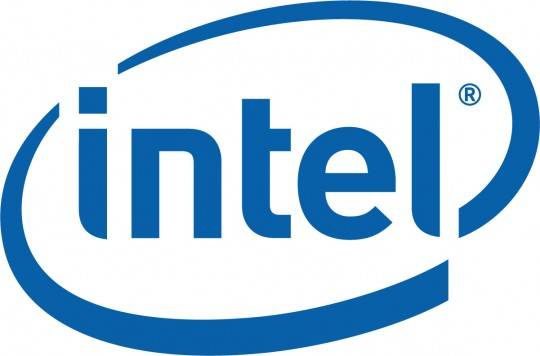
In China, Intel has revealed their 64-bit aspirations on two fronts. Their newest Braswell chipset is one that will likely find its way into many Chromebooks, while their 64-bit Kernel for KitKat suggests a more mobile approach. Though both are still a bit further out than we’d like to think, it does give a glimpse at things to come.
Intel’s Braswell chipset will take the reigns from Bay Trail processors, which are typically found in Chromebooks and low-cost PCs. Braswell is a SoC offering, and will be a 14-nanometer build (read: really, really small). That will serve to keep components to a minimum while powering the device adequately.
For Android, Intel is releasing their 64-bit Kernel for KitKat, which has some scratching their heads. KitKat is currently not 64-bit, so it has no immediate implications, but this gives Developers a head start in getting to know 64-bit on Android. Intel said “With this release, the company ported, validated and tested the Android Open Source code on IA, taking on the work that developers typically would need to do on their own. This release will provide the ecosystem with 64-bit kernel support for development of next-generation devices.”
When it comes to PCs and Chromebooks, Intel has an existing platform they’re dominant in. Android is a different beast, and controlled by another player in Qualcomm. Unless Intel can somehow bring their pricing down to MediaTek levels (doubtful), they’re likely to suffer low market share, making us wonder how long they’ll stick around.
Via: CNET










@Intel : Why don’t y’all just buy MediaTek !!! -_-
Well, because MediaTek sucks?? They’re only found in budget phones, knockoff phones and Asian market phones. If you want performance, you don’t go for MediaTek.
Ugh, I know, right? My knockoff iPhone 5S is so laggy because it uses a MediaTek MT6572. Would not recommend.